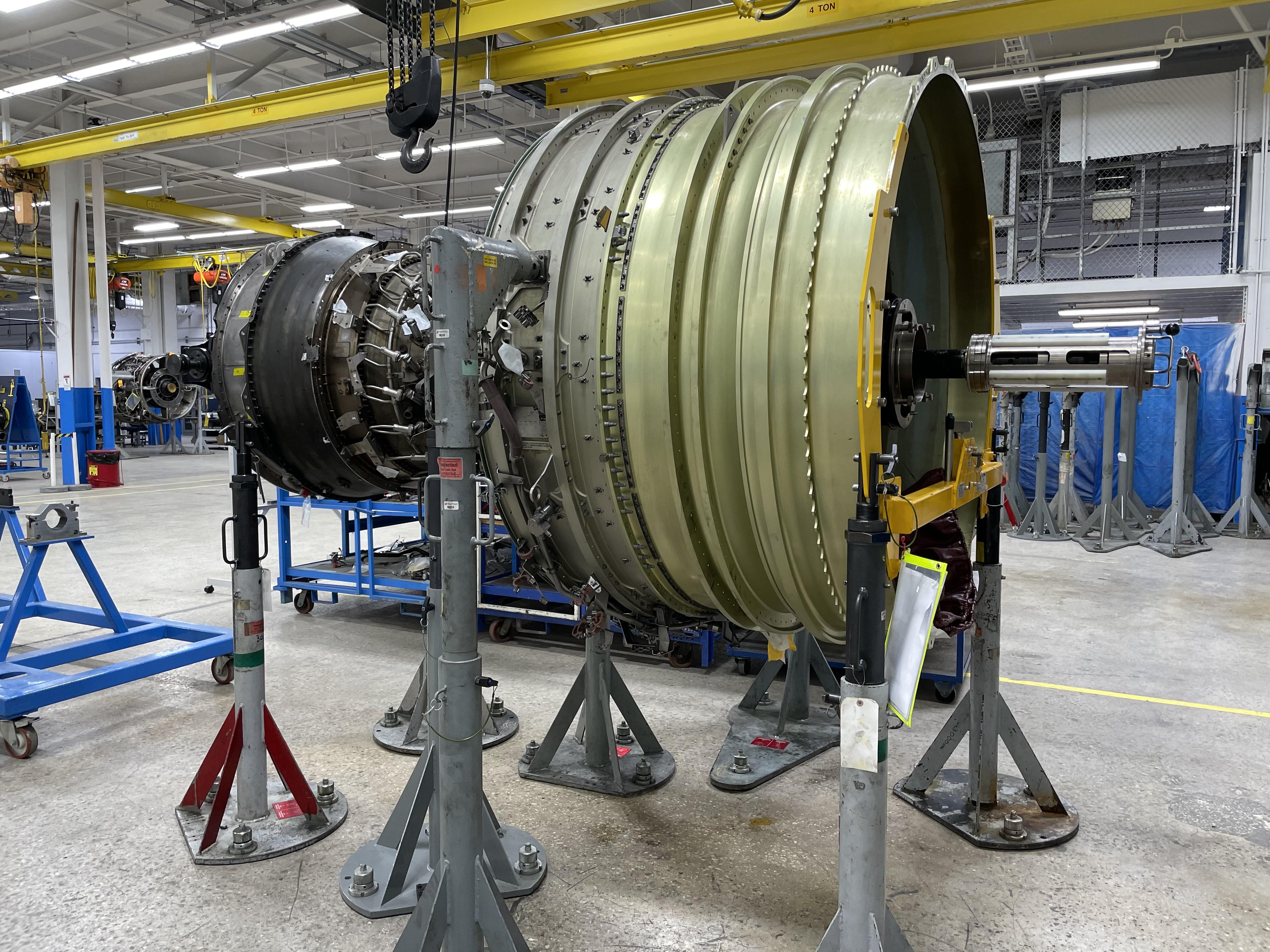
APOC Aviation is branching out with its first facility outside Europe. The aircraft leasing, trading and part-out specialist has opened a new warehouse facility in Singapore that will hold a stock of modern Airbus A320 family and Boeing 737 components for faster access to spares in the Asia-Pacific region.
According to Karim Grinate, vice president component sales at APOC Aviation, the new Asia-Pacific base now has packages of A320 and 737 spares components on site and ready to serve the region as Asian operators begin reactivating their fleets.
“Singapore is the ideal strategic trading position to allow us to maximize opportunities as they present themselves,” he says, “But we are also looking closely at developments in China and Hong Kong as we consider another Asian warehouse location. In terms of regulations and the USM (used serviceable material) market, China in particular is working to match standards with Europe and the U.S. This presents us with a good opportunity to sell our newer aircraft parts across the region.”
In addition to growth across the Asia-Pacific region, APOC Aviation is targeting a new U.S. hub for the first quarter of 2021. The expansions are being driven by investment from APOC’s recent partnership with private equity investor Egeria, announced in October 2020. At the time, APOC noted that the investment would not only be used to “spearhead a transformative global footprint and position its comprehensive inventory of commercial spare parts at the forefront of the industry’s inevitable resurgence,” but to supplement its narrowbody, engines and landing gear acquisition policy.
In 2020 APOC was busy snapping up A320 family and 737 airframes and engines, including recent acquisitions of five CFM56-7B and three CFM56-5A engines, as well as several A320 family airframes for teardown. In August 2020, Jasper van den Boogard, APOC’s VP airframe acquisition and trading, noted that the company is positioning its teardown program in line with the aircraft it expects to begin flying again first: narrowbodies and regional jets.
“Our proactive teardown program is designed to increase our stock of high-quality commercial parts, not just replenish,” said van den Boogard. “We will support our customers through the sale of parts but also exchange, loan and consignment—whatever is best for them.”





